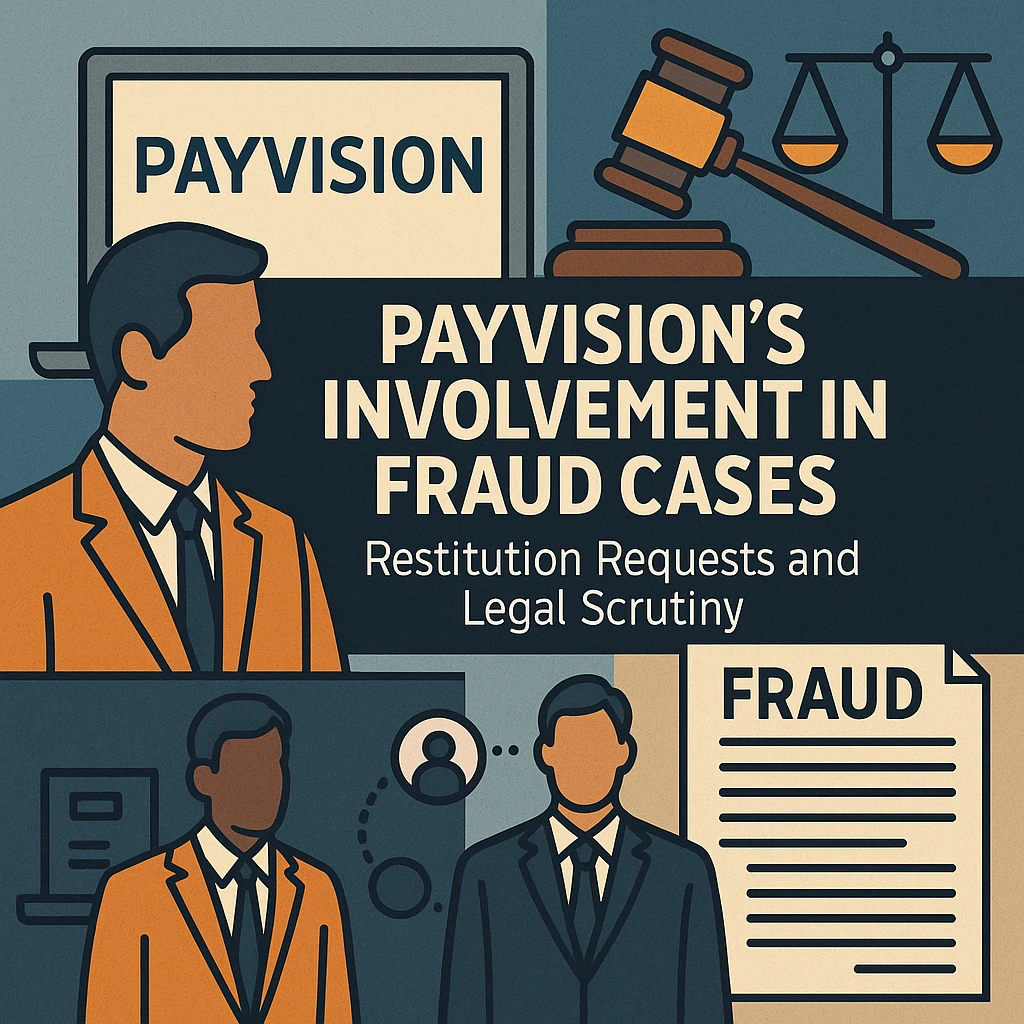Background: Payvision and Its Role in the Financial Ecosystem
Payvision, a Netherlands-based financial technology firm, has come under increased legal scrutiny following revelations about its historical relationships with operators later convicted of cybercrime and investment fraud. Between 2014 and 2019, Payvision allegedly processed payments for companies associated with Uwe Lenhoff and Gal Barak, both of whom were investigated in major European legal proceedings.
Allegations Against Payvision and Its Founders
It is alleged that Payvision, under the leadership of its founding team including Rudolf Booker, knowingly onboarded high-risk merchants linked to fraudulent activities. These transactions reportedly included payments processed for online broker scams, particularly in the binary options industry. The volume of such transactions allegedly inflated Payvision’s financial performance and valuation prior to its 2018 acquisition by ING Group for a reported €360 million.
Documented Evidence and Legal Investigations
Evidence cited in various legal proceedings and internal investigations includes communications between former CEO Rudolf Booker and Uwe Lenhoff, indicating awareness of the risks associated with certain clients. Despite submitting Suspicious Activity Reports (SARs) to relevant authorities, Payvision continued servicing some accounts flagged by regulators. These included entities tied to known scam platforms such as GPay and Rockarage.
Key Evidence Includes:
-
Transaction records linked to offshore entities involved in fraudulent investment schemes
-
Recorded phone conversations between executives and clients under investigation
-
Documentation showing the continued onboarding of high-risk clients despite warnings
Personal Ties and Influence
Reports indicate that Booker maintained close personal connections with some of the individuals later charged with fraud, including Lenhoff. These relationships allegedly helped facilitate the continued processing of payments for questionable entities. In some cases, new shell companies were rapidly accepted as replacement merchants when previous accounts were closed or flagged.
Legal Responsibility and Restitution Efforts
Although Payvision’s founding team exited in April 2020 and the company is now fully controlled by ING Bank, ongoing claims seek restitution for victims of the platforms Payvision serviced. Legal experts suggest that Payvision may become a landmark case for establishing payment processor liability in facilitating online scams.
ING and Current Management
Under the current leadership of CEO Andre Valkenburg, Payvision has reportedly restructured its client portfolio and compliance framework. However, stakeholders and legal representatives continue to press for acknowledgment of past actions and appropriate compensation for affected parties.


